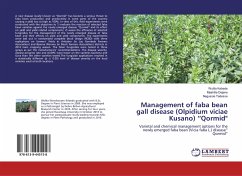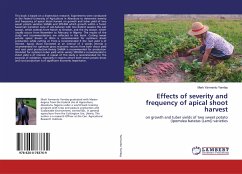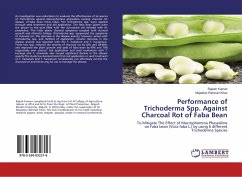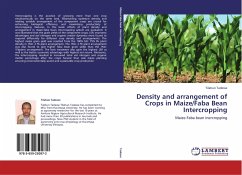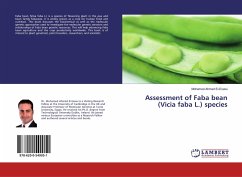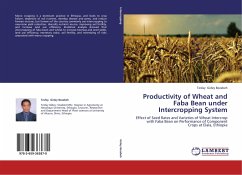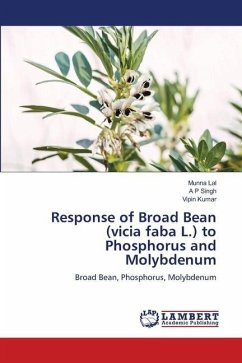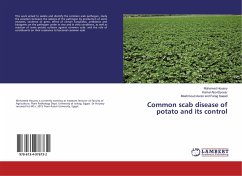A new disease locally known as "Qormid" has become a serious threat to faba bean production and productivity in some parts of the country causing a yield loss as high as 100%. In view of this, field experiments were conducted with the objectives to 1) evaluate the reaction of selected faba bean varieties against the newly emerged disease "Qormid" and its effect on yield and yield related components; 2) assess the efficacies of selected fungicides for the management of the newly emerged disease of faba bean and their effects on yield and yield components. The experiments were laid out in randomized complete block design (RCBD) with three replications on farmers' fields in Ankober (in Lay Gorebela Farmers Association) and Basona Worana (in Mush Farmers Association) districts in 2014 main cropping season. The foliar fungicides were tested in three sprays as per the manufacturers' recommendations. The disease severity, disease progress rate and AUDPC were lower on the varieties Gachena and Gora than the other varieties tested.The fungicide applications resulted in a statistically different (p 0.05) level of disease severity on the local varieties used at both locations.
Bitte wählen Sie Ihr Anliegen aus.
Rechnungen
Retourenschein anfordern
Bestellstatus
Storno

